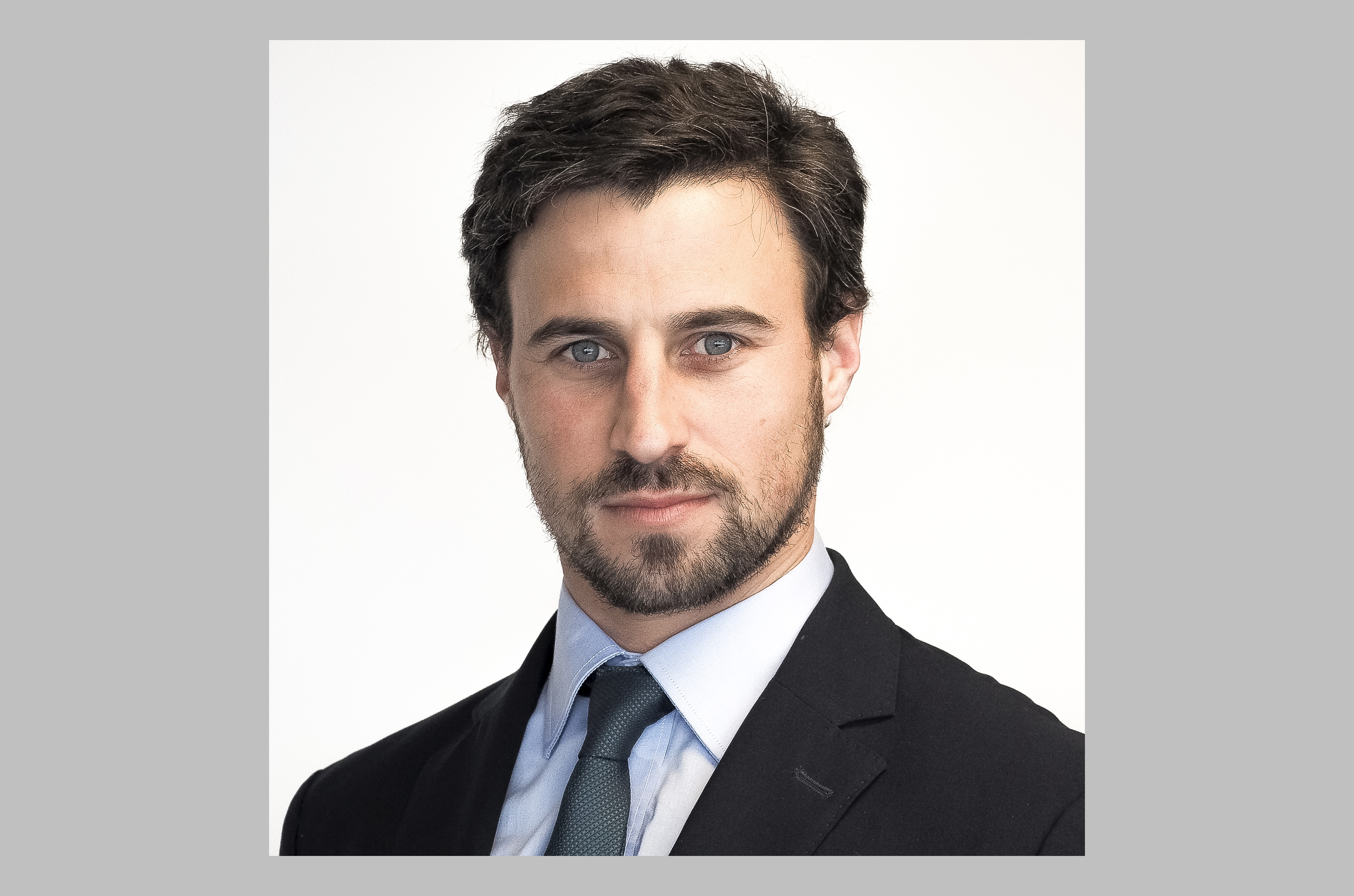Wealth management is a professional service offering exclusive financial advice to clients known as High Net Worth Individuals (HNWI). This discipline involves asset management with the aim of reducing expenses, diversifying investments, maximizing profitability, and increasing wealth.
Given the current context and the challenges that the asset and wealth management industry is facing, FlexFunds and Funds Society have launched an initiative to highlight the perspectives of influential leaders in the industry from various geographies.
Francisco Tochetti is a lawyer specializing in wealth and succession planning. With over 13 years of experience in the industry, he currently serves as the Director of International Wealth Planning at BFC Asesores (CDMX). Francisco is a TEP (Society of Trust Estate Practitioners) and holds various master’s degrees and postgraduate qualifications in International Taxation and Corporate Compliance (Centro de Estudios Garrigues Madrid, University of Montevideo Uruguay, among others). He is the author of various study works and a professor in the field.
As the Director of International Wealth Planning at BFC Asesores (a firm based in CDMX), Francisco faces challenges such as the need to be extremely diligent in a market like Mexico, where there are large and diversified sophisticated families. He mentions that another major challenge is building trust and maintaining close relationships with clients to provide effective and tailored advice, aspects he considers fundamental in his role. Finally, he considers technical knowledge in his field to be essential, as it requires understanding both local and international regulations on legal, tax, succession and compliance, etc.
How is the flow of investment funds in wealth planning in Mexico, given the political situation? where is Mexican money headed?
The Mexican market is very attractive for investment banking and for attracting capital to develop private projects. In cities like CDMX, Monterrey, Guadalajara, and Mérida (among others), there are large, well-qualified, and well-advised investors.
Like in other LATAM countries, when a family decides to invest outside of Mexico, liquid investments tend to go to Switzerland and the United States primarily, while there is also growing interest in private investment projects in Spain and other European countries.
After the 2024 Federal Elections, the whole world is paying attention to the direction the new government might take (continuation of the previous one but now with a majority in parliament). However, no significant capital movements have been seen in this regard.
Mexico is a very strong market, a country of great relevance to the world economy with very important commercial relationships. It will be essential to maintain legal security and thus continue to strengthen the confidence the country has globally. The upcoming elections in the USA are also very relevant for the country.
What are the main trends you see in the wealth planning sector?
The main trend in wealth planning is the increasing international transparency and the plurality of applicable regulations, which requires highly specialized advisors who are constantly training. Years ago, everything was simpler and more straightforward; wealth was not as diversified, and families lived in the same country. Today, there is a lot of local and international regulation to consider when planning wealth if we want to do it correctly.
How do you think the wealth management industry will grow?
The wealth management industry will grow significantly for three reasons: the endless investment opportunities available today, the increase in available capital worldwide, and technological advances that facilitate international investment.
The industry values advisors who can have a global business vision, advisors who analyze the issues in detail and collaborate with other experts internationally seeking excellence in results. Although this requires more work time and greater knowledge, I see a significant growth potential in the industry, especially in countries like Mexico.
Have you managed collective investment vehicles during your career?
I have structured various types of collective investment vehicles, often to securitize real economy assets and facilitate their investment. I have worked with notes like those issued by FlexFunds, SICAV Umbrella Funds, and SPVs. I have not directly managed the investments but have developed strategies for an asset manager or another person to handle the investment management.
What role do alternative assets play in wealth management?
Today, alternative assets play a fundamental role in designing investment strategies, not only for their potential profitability but also for the security some of these assets can offer.
However, it is important to note that these types of strategies are for clients with a long-term investment vision and who do not need immediate liquidity. Alternative assets are not ideal for all investment profiles.
What is the biggest challenge a wealth manager faces in capital raising or client acquisition?
From my perspective as a wealth planning advisor, I believe the biggest challenge for a wealth manager is establishing a close and trusting relationship with clients. However, today, it is no longer enough to offer investment advice; other areas closely related to investment, such as taxes, succession, wealth protection, privacy, etc., must be analyzed.
Providing a comprehensive service where wealth management is complemented by wealth planning adds significant value for the client. The key is not only to offer investment strategies but also to protect, optimize, and plan the client’s wealth, thinking about their future and that of their family.
What factors do clients prioritize when investing or selecting financial investments?
The main factor my clients prioritize when investing is security, especially after the post-COVID-19 market volatility, the market downturn in 2022, and the increase in US interest rates in recent years.
In LATAM, where political, social, and economic instability is common, investors seek to protect their capital by opting for safe and stable investments. Therefore, in both regions, investors are currently leaning towards conservative assets with predictable income, such as fixed income and bonds.
On a scale of 1 to 10, how important is the emotional management of the client in wealth management?
Emotional management of the client in wealth management plays a fundamental role: it is a 9 or a 10.
Francisco emphasizes that wealth planning addresses delicate issues such as structuring and protecting wealth, tax optimization, and inheritance planning during one’s lifetime. These topics can be emotionally difficult for clients; therefore, developing soft skills and understanding the emotions involved in wealth planning is crucial for building a solid and lasting relationship.
“Each client is unique, and there are no standard solutions. Solutions and strategies must be tailored to each case. First, it is crucial to understand the client’s situation and their particular goals. I always insist that we must adapt the strategy we design to the client’s needs and not adapt the client to the current strategy. The more information the client provides us about their short, medium, and long-term goals and needs, the better we can design an appropriate strategy”, he says.
Regarding technological advances, Francisco believes that artificial intelligence is beginning to play an important role in the wealth management sector by making work more efficient, obtaining a lot of information, analyzing financial assets, rebalancing portfolios, etc. However, he emphasizes that in the field of wealth planning, many soft skills are still required that artificial intelligence cannot yet match.
In the next 10 years, Francisco anticipates an evolution towards a much more sophisticated industry with regulatory changes and more advanced strategies supported by highly trained professionals. However, he does not foresee a radical change driven by technology but rather an integration that enhances advisors’ ability to better serve their clients.
Interview by Emilio Veiga Gil, Executive VP FlexFunds, in the context of the Key Trends Watch of FlexFunds and Funds Society.



